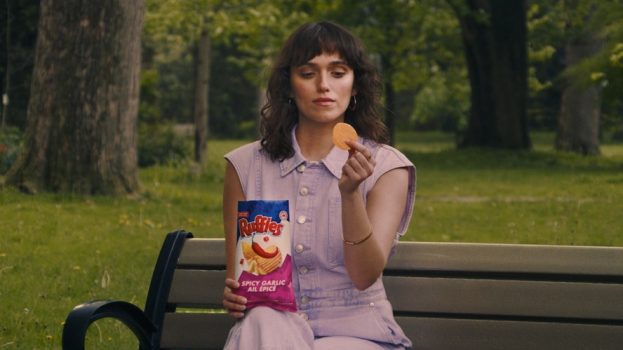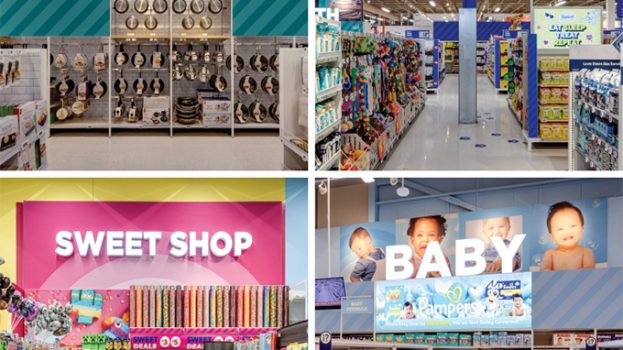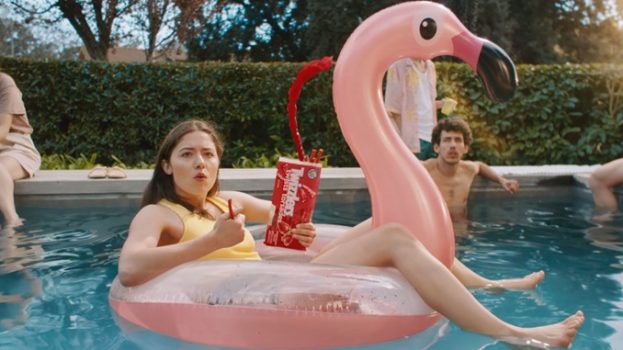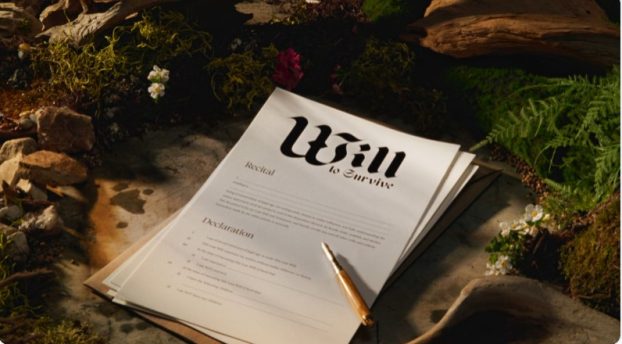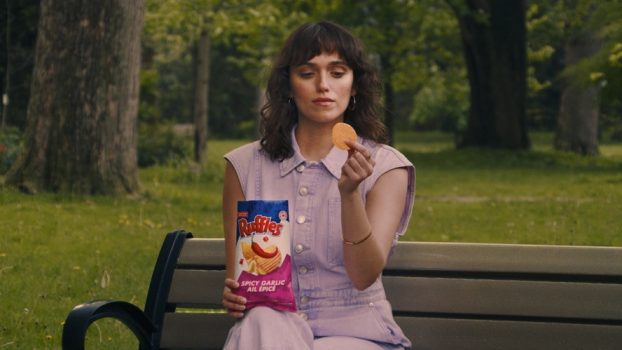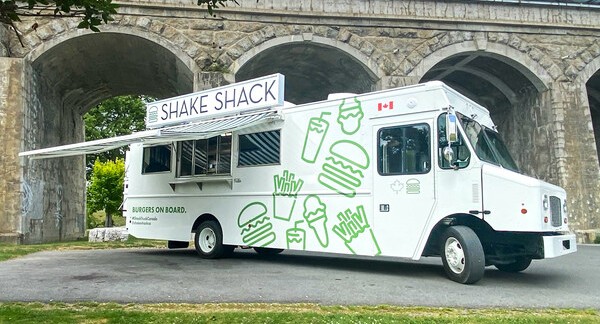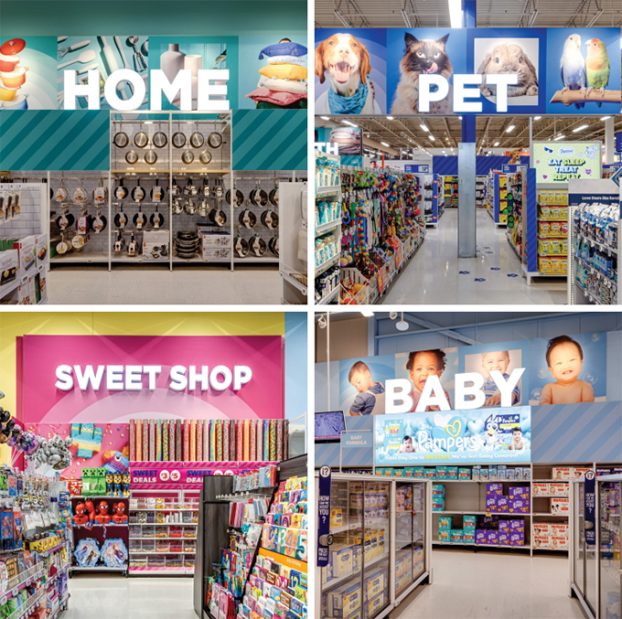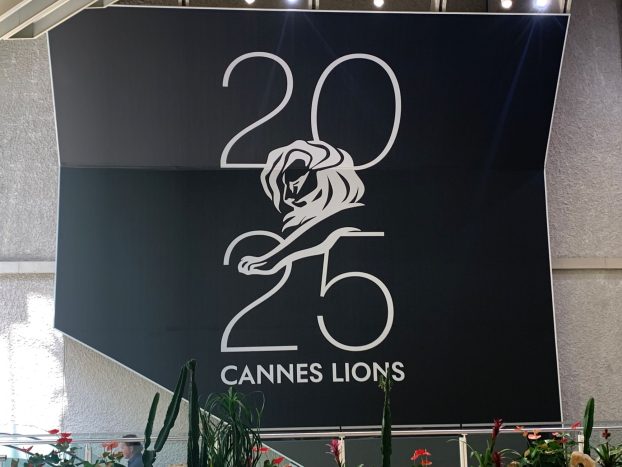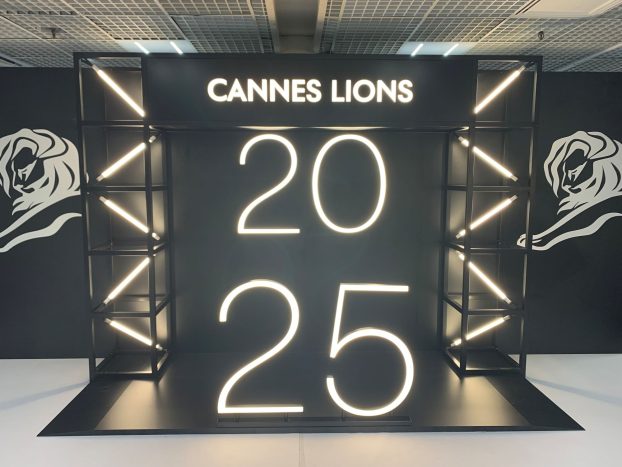Dove has another viral hit on its hands. Last month, the Unilever brand unveiled a new online video featuring real women describing themselves to an FBI-trained sketch artist, accentuating what they perceive as their physical flaws. Those same women are then described to the artist by people they had just met, who emphasize what they see as the women’s positive attributes. The two sketches that result speak volumes about how women perceive themselves – with the strangers’ portraits being much more accurate depictions.
The insight behind “Real Beauty Sketches,” which was created out of Unilever’s global HQ in the U.K. with Ogilvy in Brazil, resulted from global studies that Dove has conducted over the years, says Sharon MacLeod, VP marketing at Unilever Canada.
“It came from this notion that women are their own worst critics,” she says, noting that only 4% of women feel comfortable describing themselves as beautiful, and 80% say they’re anxious about the way they look.
Just a week after launching, the video, which lives on YouTube and was posted on Dove’s Facebook page and Dove.ca in Canada, had amassed over 23 million views, was the number two most-viewed online video and had generated a number of responses and parodies (including a male version).
Dove is no stranger to generating buzz, from its famous “Evolution” video in 2006 to its spots featuring real women with different body types in their underwear, the brand has championed self-esteem issues for about a decade and is constantly looking for new ways to express the issue and connect with women, says MacLeod. Recent executions out of Canada include a tool targeted at the creative community that reverses the effects of Photoshop, and 3D billboards in Toronto highlighting facts about girls quitting activities due to low self-esteem, as part of the “Girls Unstoppable” campaign.
Of course, thanks to social media, Dove must be open to conversation like never before, and while there has been a lot of positive buzz around the latest video, the brand had to be prepared for some criticism, including accusations that the sketches and the process weren’t authentic.
“We’re certainly letting the conversation play out, but what’s important to us is that we know it’s legitimate,” says MacLeod. “We aren’t trying to control it, we really think that the community will engage and they’ll be the judge.”
Dove is used to sticking to its guns, having championed this movement for so long that now it’s expected of the brand, MacLeod says.
“When you embark on this, you’re going to stay with it. You don’t have a mission and then change it next year. It takes certainty, as well as bravery.”


